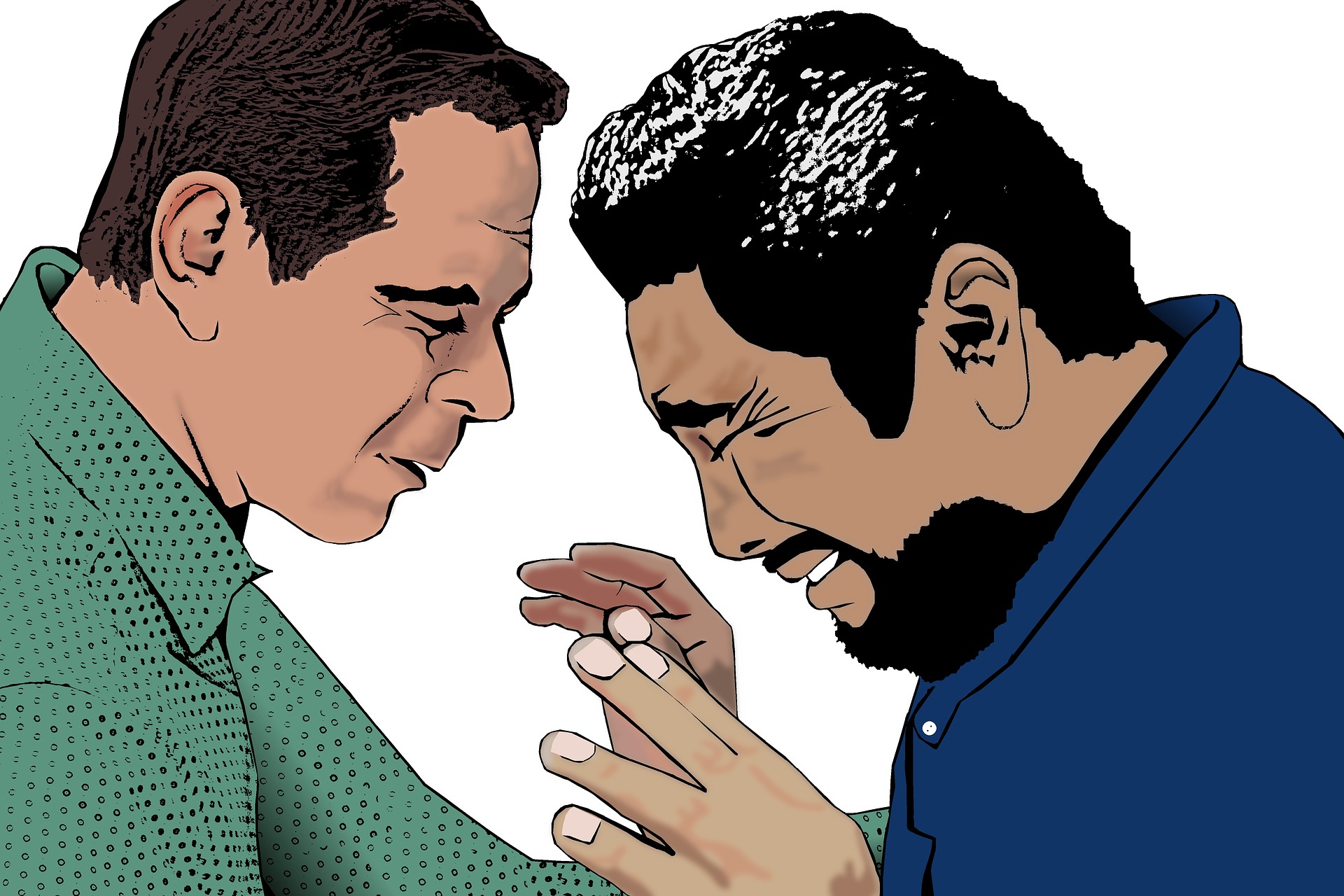An emotional injury is a psychological harm caused by trauma or a distressing event or experience. It may include mental health conditions like depression, anxiety, post-traumatic stress disorder (PTSD), and other emotional and psychological problems which adversely affect someone’s mental and emotional well-being.
Emotional injuries can be caused by a range of experiences, such as car accidents, workplace incidents, medical malpractice, sexual assault, discrimination, and harassment – even the loss of a loved one. All these events cause intense psychological distress and significantly hinder daily living for those affected. Emotional injury may present in many forms, depending on the individual and the specific event that caused it.
Common symptoms may include:
Persistent feelings of sadness, anxiety, or anger
Sleep disturbances or insomnia
Difficulty concentrating or making decisions
Loss of interest in activities once enjoyed
Social withdrawal or isolation
Flashbacks or intrusive memories
Avoidance of places or situations associated with the traumatic event
Should You Sue for an Emotional Injury?
Ultimately, whether or not to sue for emotional injury depends on your individual situation and the extent of the damages. Emotional injuries can be just as devastating as physical ones and have a lasting effect on someone’s quality of life. If another party’s negligence or intentional actions contributed to your emotional trauma, then you may be eligible for compensation.
It is essential to weigh the potential advantages and drawbacks of pursuing a lawsuit for emotional injury. Some potential advantages may include:
Compensation for your damages, such as medical expenses, lost income, and pain and suffering.
Holding the responsible party accountable for their actions and preventing future harm to others.
Raising awareness about emotional injuries and the need for mental health support.
Conversely, there may be some drawbacks to suing for emotional injuries, such as:
A legal case can be expensive and time-consuming while adding emotional stress and strain.
Furthermore, there is the potential for the legal system to further compound emotional distress.
Finally, the decision to sue for emotional injury should be made with the advice and counsel of a qualified attorney who can help you assess your options and make an informed decision based on individual circumstances.
If you have suffered emotional injuries as a result of a car accident, you may be eligible to receive compensation for your damages.
Here are some steps to take when claiming emotional injury in relation to a crash:
Seek Medical Attention: Seeking medical help is essential after a car accident for both physical and emotional injuries. A doctor or mental health professional can diagnose you and document your symptoms, which could be used as evidence in court proceedings.
Document the Accident: Gather all relevant information about the crash, such as photos, police reports, witness accounts, and any other evidence that supports your case.
Keep a Journal: Keep track of your symptoms, such as how they affect daily living, employment opportunities, and relationships with family and friends. Doing this helps illustrate the extent of emotional injuries and their lasting effects on you.
Reach Out to an Attorney: An experienced personal injury attorney can guide you through the legal process and suggest the best course of action in your case.
Filing a Claim: Your attorney can assist you in filing a claim with the appropriate insurance company or filing for legal action if necessary. In your claim, be sure to include details about your emotional injuries and provide documentation in support of your case.
Attend Mediation or Trial: Depending on the facts of your case, mediation or trial may be necessary to resolve your dispute. Your attorney can represent and advocate for you during this process while protecting both parties’ rights and best interests.
Overall, claiming emotional injury in a car accident can be an intricate process, but with the right support and documentation, you may be able to receive compensation for your damages.
If you have suffered emotional injuries as a result of someone else’s negligence or intentional actions, you may be able to seek compensation for your damages through a personal injury claim or lawsuit. It’s important to seek the advice of a qualified attorney who can help you evaluate your options and determine the best course of action for your individual circumstances.
If you or a loved one has been injured in an accident due to the fault of someone else or negligence, Darfoor Law Firm is here to help you and guide you with the best course of action.
Accidents can be tough to deal with, and you need someone who understands, sympathizes, and fights for you.
Call us at +1-833-DARFOOR for a free consultation and case evaluation.


